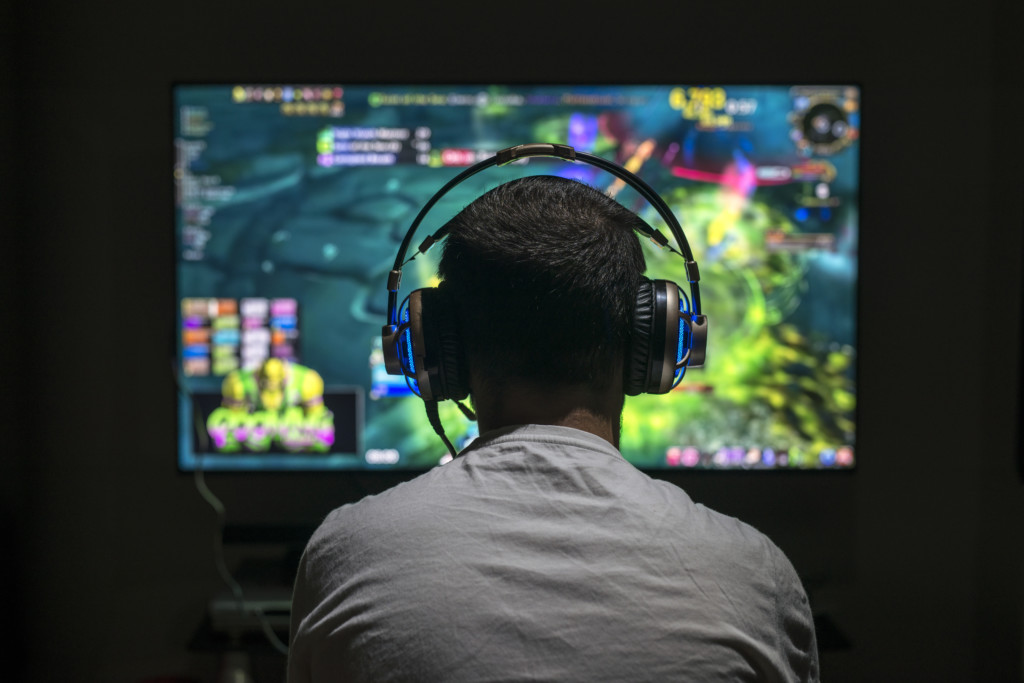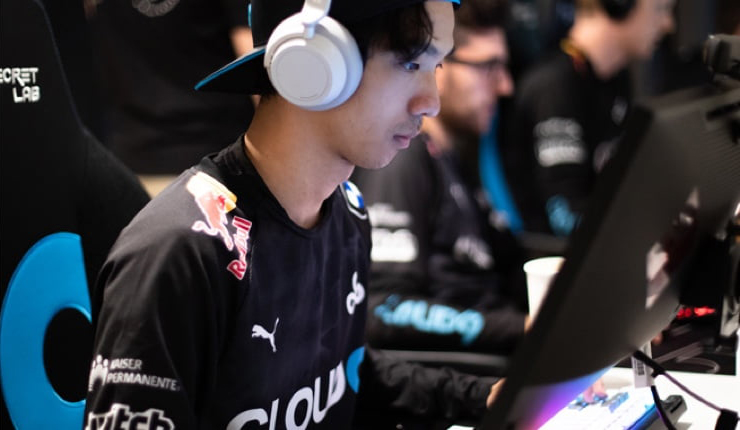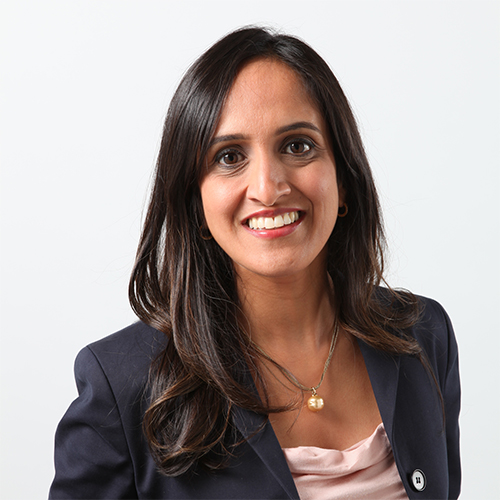Written by Hansa Bhargava, Senior Medical Director at WebMD and Medscape, Author and Pediatrician
October 14, 2021

Byron ‘Reckful’ Bernstein was a young and admired professional gamer, content creator and athlete. When he died by suicide, it shook many members in the gaming community and players took notice.
Though a 2019 survey indicates that nearly 80% of gamers say video games provide them with mental stimulation, relaxation, and stress relief, other gamers, like dedicated athletes that live and breathe the sport, can often battle intense stress, depression, and anxiety. Feeling pressure to succeed and win a game, they can suffer from what psychologists call ‘Imposter Syndrome’ — an intense fear of being seen as incompetent or a failure.
This year we saw several athletes openly talk about mental health issues, especially under extreme pressure and competitive games, including Olympians Naomi Osaka and Simone Biles.
Kurtis ‘Kala’ Lloyd, who manages a global team of professional esports athletes, shares that gamers talk to him about their extreme self-doubt and constant stress. ‘Am I a failure?’ or ‘Will I get dropped?’ are common questions he hears, and many feel they are only as successful as their last victorious streaming event. “They can feel a constant need to be involved in more and more video gaming tournaments, in the belief that the more you play, the more you will be asked to play.” And this stress can increase, even after a win, with a fear that they may be exposed to harsh toxic comments online as some competitors routinely lash out and bully other players. This stress in combination with the pressures of the sport, can result in mental and emotional challenges.
Few programs exist today to address anxiety, depression, and stress in the gaming community. One collaboration that is making ‘gaming mental health’ a priority is Presence of Mind, a partnership between Kaiser Permanente, the nation’s largest integrated health care system, and professional esports organization Cloud9. The initiative, launched last year, aims to build awareness and resilience, reduce the stigma associated with mental health conditions, and create a safe and open space for conversation within the gaming community.
Understanding how deeply mental health affects esports athletes is the first step to raising awareness; changing behavior and the system in which gamers interact helps to reduce stigma and encourages them to talk about their anxieties and stress.
The Presence of Mind initiative provides young people with tools and resources to support their mental health and wellness through a series of interactive trainings as well as a platform to share personal stories of how they have managed their own mental health. Additionally, through the initiative, Cloud9 game moderators are trained to be aware of players who may need support, paying attention to language and tone to prevent bullying and shaming. Mental health in gaming is becoming a “louder conversation,” said Kala, who manages one of the larger teams.
Dr. Gino Mortillaro, a child and adolescent psychiatrist with Kaiser Permanente, was a professional gymnast prior to going to medical school at Tulane. He did his residency at Harvard South Shore and fellowship at Boston Children’s Hospital and is now an advisor to the Presence of Mind initiative. ‘Dr. M’, as he’s fondly called, a gamer himself, believes that fostering a child or adolescent’s interest in gaming can actually help and support their growth in other areas of life. “I’ve really encouraged parents and families to take interest in their loved one’s affinity for video games, and help develop it into activities that lead to more socialization,” said Dr. M.
Dr. M’s thinking about using gaming to encourage interpersonal relationships is reflected in the Presence of Mind initiative and is excited about the changes he sees in the team players. The initiative, which often raises the question “How can I support other people?” blossomed into camaraderie and sharing among gamers. Dr. M emphasized that “It was great to see them take initiative around recognizing the strengths of each other and giving space for those positive interactions that sometimes forget to share with one other in our daily lives.”
Could this initiative be used as a model in other arenas and industries? The Presence of Mind team certainly hopes so. Kala stated in a recent interview that “mental wellbeing is especially important now; the current state of content streaming can sometimes seem contrary to being human.” He also believes in making mental health a priority in gaming and recommends taking breaks, going outside for short walks, and thinking about how you’re feeling between games. “I think we need to make sure we are not leaving part of being human behind,” he added.
Kala explains that while Byron’s passing was devastating for gamers, it has led to some significant positive change around the sport of online gaming and mental wellbeing. “I want the gaming community to know that it’s important to be okay with failing. And if this initiative can save one life, it is worth it.” As a master of gamesmanship, Winston Churchill, once said “Success is not final. Failure is not fatal. It is the courage to continue that counts.”

Get in the Game!
Looking for more information and resources on gaming and mental health?
Check out the Presence of Mind interactive video series, where you’ll find tools to manage your mental health and well-being and support your friends when they need it most.
About the Author

Hansa Bhargava is Senior Medical Director at WebMD and Medscape, Author and Pediatrician
The “Hiding in Plain Sight” blog is a series leading to the upcoming 2022 documentary Hiding in Plain Sight: Youth Mental Illness, produced and directed by Ewers Brothers Productions, executive produced by Ken Burns, and presented by WETA, the PBS flagship station in our nation’s capital.
If you are in crisis, or experiencing thoughts of suicide, please text the Crisis Text Line (text HELLO to 741741), or call the National Suicide Prevention Lifeline at 1-800-273-TALK (8255). Both services are free and available 24 hours a day, seven days a week.